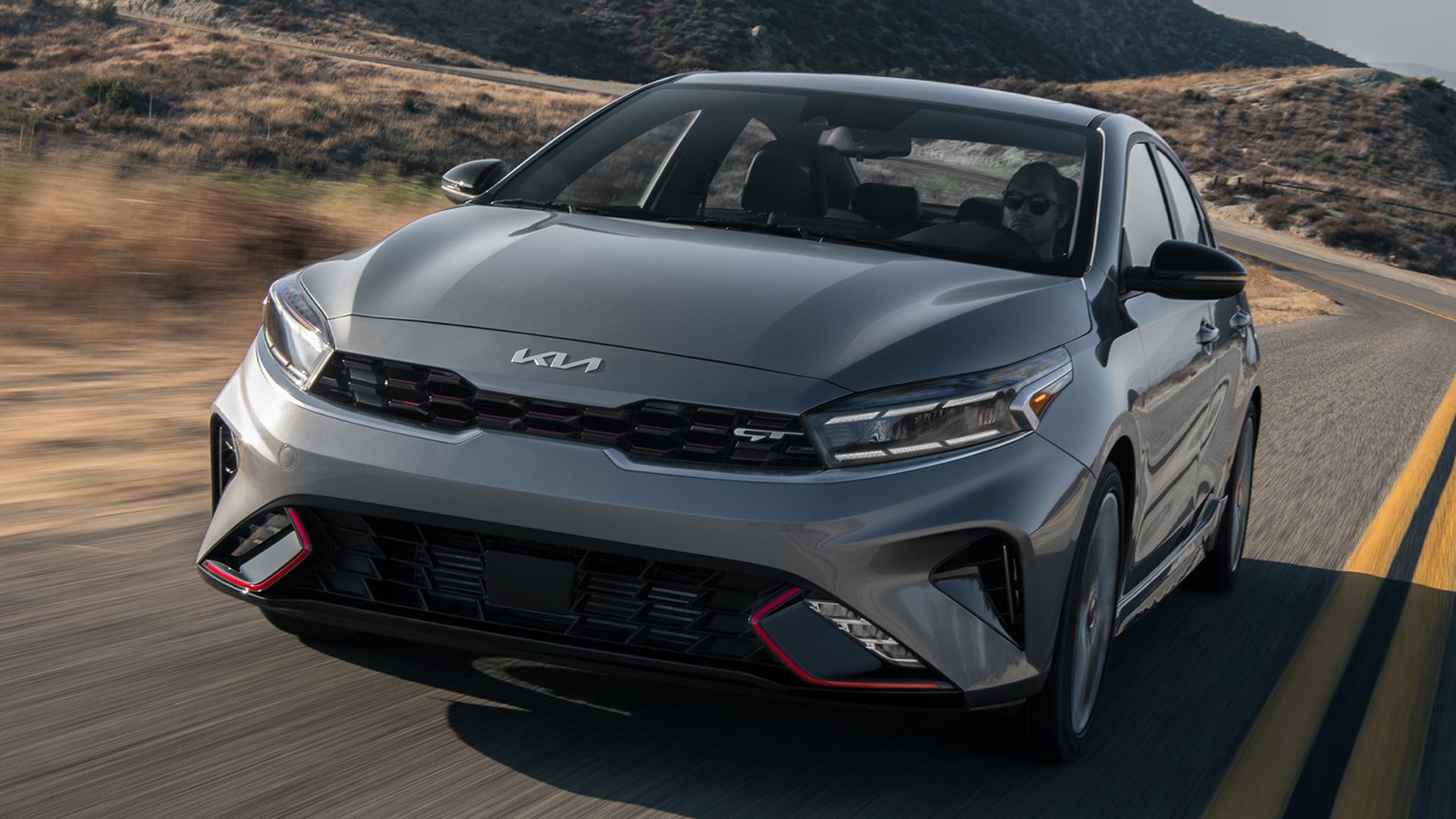CGKY News Hub
Your go-to source for the latest insights and trends.
Fuel Efficiency on Four Wheels: The Thrill of Eco-Friendly Drives
Rev up your eco-consciousness! Discover the thrill of fuel-efficient drives and join the green revolution on four wheels!
Top 10 Tips for Maximizing Fuel Efficiency in Your Car
Maximizing fuel efficiency in your car is essential for saving money on gas and reducing your carbon footprint. Here are top 10 tips to help you achieve better mileage:
- Maintain Your Vehicle: Regular maintenance, including oil changes, air filter replacements, and tire rotations, ensures your car operates efficiently.
- Drive Smoothly: Avoid rapid accelerations and hard braking. Gradual speed changes can improve your fuel consumption significantly.
- Check Tire Pressure: Keeping your tires properly inflated can enhance your fuel efficiency by up to 3%, as under-inflated tires create more rolling resistance.
- Reduce Weight: Clear out unnecessary items from your trunk. Every extra 100 pounds can decrease fuel efficiency by 1-2%.
- Use Cruise Control: On highways, using cruise control can help maintain a constant speed, which is more fuel-efficient than fluctuating speeds.
Continuing with our top 10 tips, consider the following:
- Limit Air Conditioning Use: Overusing air conditioning can sap fuel efficiency. Use the car’s ventilation system instead when possible.
- Plan Your Trips: Combine errands into one trip to avoid unnecessary driving and stay within optimal engine working temperature.
- Use the Right Fuel: Always use the fuel grade recommended by your vehicle’s manufacturer; using a higher octane than necessary doesn’t improve fuel efficiency.
- Keep Windows Up: At higher speeds, open windows create drag, which can reduce fuel efficiency. Close them when driving on highways.
- Choose Fuel-Efficient Routes: Use GPS or mapping apps to find routes that minimize stops and delays, making your driving more efficient overall.

How Hybrid and Electric Vehicles Are Revolutionizing Eco-Friendly Driving
The rise of hybrid and electric vehicles is a game changer in the automotive industry, contributing significantly to the shift towards more sustainable modes of transport. By combining traditional fuel engines with electric power, hybrid vehicles offer a balanced solution that helps reduce greenhouse gas emissions and fuel consumption. On the other hand, fully electric vehicles (EVs) provide an even greener alternative as they operate solely on electric power, eliminating tailpipe emissions altogether. This transition to eco-friendly driving is not just a trend; it's a necessity in the fight against climate change, as the transportation sector remains one of the largest contributors to pollution worldwide.
Moreover, hybrid and electric vehicles are increasingly becoming more accessible and appealing to consumers, thanks to advancements in technology and government incentives. Many manufacturers are investing heavily in research and development to improve battery life and charging infrastructure, making it easier for drivers to adopt this green technology. As a result, an estimated 20% of vehicles on the road could be electrified by 2030, drastically reducing our reliance on fossil fuels. As this revolution continues, it paves the way for a cleaner, more sustainable future in personal and public transportation.
What Makes a Car Fuel Efficient? Key Features to Look For
When it comes to determining what makes a car fuel efficient, several key features play a significant role. One of the most important factors is the engine efficiency. Cars equipped with smaller, turbocharged engines often deliver better fuel economy by utilizing advanced technology to maximize power while minimizing fuel consumption. Additionally, transmission type can impact fuel efficiency; for instance, vehicles with continuously variable transmissions (CVTs) or automatic transmissions with multiple gears tend to provide better mileage compared to traditional automatic systems.
Another critical aspect of fuel efficiency is the vehicle's aerodynamics. A streamlined design reduces air resistance, allowing the car to glide more easily at higher speeds. Furthermore, the weight of the vehicle plays a significant role; lighter cars typically consume less fuel than heavier counterparts. Look for low rolling resistance tires as well, as these special tires can improve fuel economy by reducing the energy lost as they roll. By considering these factors, you can make an informed choice when selecting a car that prioritizes fuel efficiency.